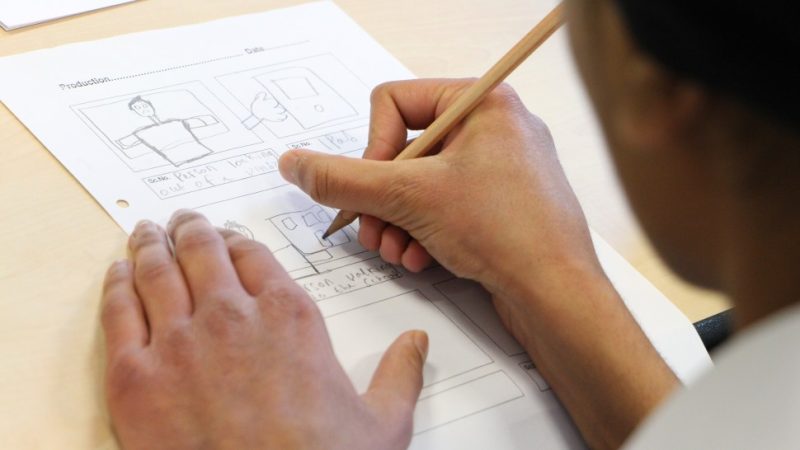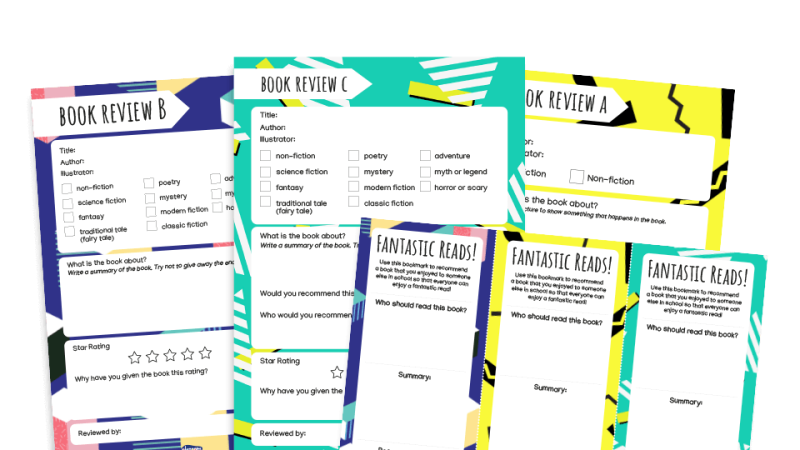I’m Not Particularly Smart – But That’s What Makes me a Good Teacher

If I don't get something first time, chances are my students won't either. Their questions are my questions, so I'll always have an answer ready, says Gemma Thorpe…
- by Gemma Thorpe

I’m going to take you back to 2012: the summer term. I’d just been given my NQT status and as the year wound down, I busied myself with putting up fresh displays for the following year.
My mentor watched me as I did this. She wore a facial expression of confusion and surprise: had she really just given QTS to an individual who made sticking backing paper to a wall look like a Rubix cube challenge?
I laughed as I saw these thoughts run through her mind and pointed out that this wall was a metaphor for my intelligence. It’s why I affiliate with students who find academic subjects a struggle – like them, I don’t get things first time, I have to graft to figure it out. Really graft.
But, that’s what makes me a good teacher.
I’d like to preface this post by making it clear that I’m not being self-deprecating. I’m not daft. But, I’m not particularly smart either.
As an ITT, I realised there were huge gaps in my subject knowledge in terms of grammar and I wasn’t particularly “well read”. And as a lit graduate, this was quite a grounding realisation.
Determined, I took on the following strategies to improve my skills and subject knowledge:
- I googled things members of staff said, after they said it, to figure out what they were saying. Make sense?
- I got good at nodding and looking like I knew what staff were discussing, prior to aforementioned googling
- When observing lessons (carefully selected lessons that I knew focused on grammar and high-level lit content) I would make notes on methodology and on what the hell an abstract noun, a present participle and a definite and indefinite article was – no one told me this at school
- I read student examples. The really good examples. Essays, creative writing pieces, anything that would show me “what a good one looks like”
- I read the set texts and critical analysis and annotated them
- I taught outside my specialism – I’m a literature graduate, so I taught language, at A-Level. It’s one way to vastly improve your subject knowledge, even if it is moderately terrifying
The point is, I had to methodically explore, break up and reshape content so that I understood it. I had to revisit it and then figure out how to teach it. And it was this method – and my personal learning needs – that helped me plan effectively for students.
If I had to work at this bit, they definitely would. If I can’t readily define that word, they probably have no idea what it means. And so on….
I don’t see my “not particularly smart” status as a hindrance. Quite the opposite.
I’ve worked with some of the most intelligent people I am ever likely to meet. And, brilliant as they are, they struggled to teach at a secondary school level. They failed to see the abstract and the pitfalls and the lack of knowledge that a student was likely to have.
For example: failing to see that we can’t analyse something as abstract as perception and viewpoint in a text until we’ve actually explored the concept itself, could be the making or breaking of a lesson.
An understanding of something like perception, for people, is just there: they just get stuff. In my experience these members of staff left teaching, or work in the educational field but in a capacity outside of the classroom.
By no means – at all – am I saying that intelligent people can’t teach. We need erudite practitioners in the classroom. I need them there, so they can teach me things.
What I am saying is that hunger can be as powerful as intelligence, and that there’s nothing wrong with admitting that you don’t get it or know of it – that insight is priceless. You predict the questions students are going to ask and you’ll have an answer ready for them. They were your questions too.
Like I said: I’m not particularly smart. But, that’s what makes me a good teacher.
Gemma Thorpe is a teacher who enjoys exploring classroom practice and teaching and learning and strategies. You can find her at readthinkplay.blog and follow her on Twitter at @thorpe86_g.










